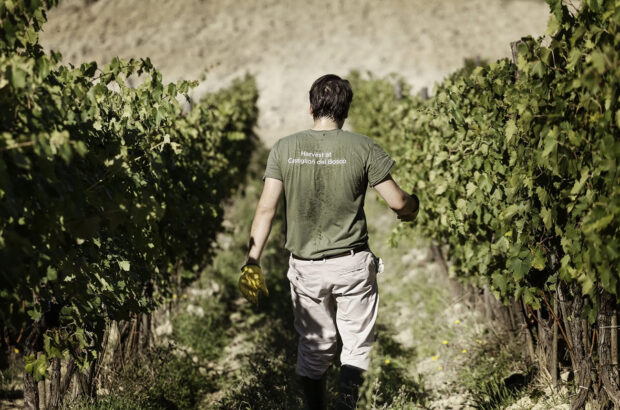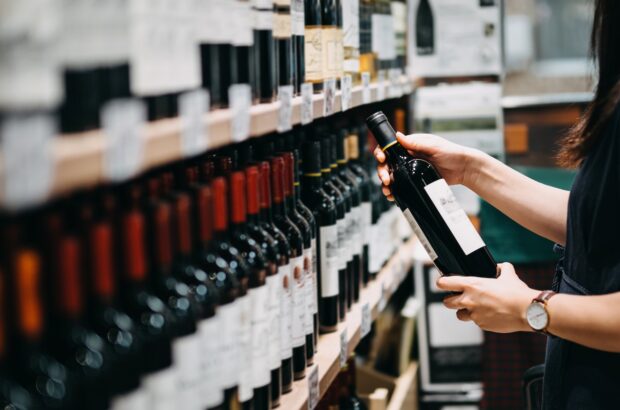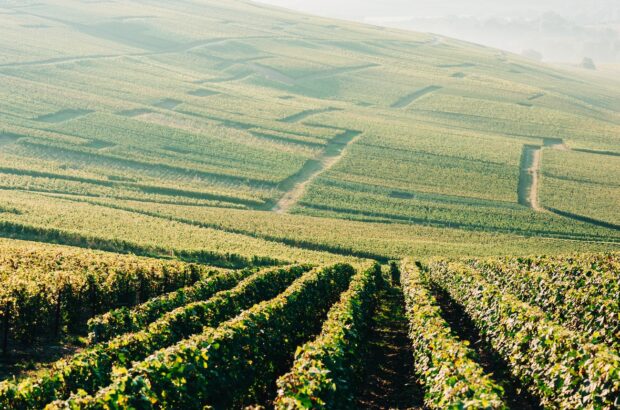Thousands of protesting vintners hurled projectiles at lines of riot police and set light to palm trees and litter bins in Languedoc-Roussillon this afternoon, before being repulsed with tear gas.
A thousand police and gendarmes had mobilised in the streets of Béziers, fearful of clashes. Demonstrators were demanding the government honour promises made by the minister for agriculture, Jean Glavany, to compensate for a 30% slump in prices for their wines due to overproduction and the import of cheap foreign wines.
Demonstrators started massing this afternoon, and by 3pm some 3,000 were assembled in the town centre, with coachloads more arriving. As sporadic violence broke out, rioters ransacked the offices of a negociant, Frigovin, accused of importing cheap Italian table wine to sell under the ‘Vin de Pays d’Oc’ label.
Before the demonstration – organised by the Fédération des Caves Cooperatives in the Languedoc-Roussillon area – Glavany assured the crowd he would keep his promises. In an open letter addressed to the vintners, he had said, ‘You can count on my determination and that of the government to help you through this present difficult period and to do what is necessary to ensure the Languedoc region remains the world’s primary winemaking area.’
The ministry hopes to get European approval to increase distillation of unsaleable wines to 4.5 million hectolitres in the region. Such measures would cost the EU some €137m (US$121m), of which the French taxpayer would need to contribute €47m (US$41m).
Other members of the EU, especially those with no wine industry, are reluctant to see their taxes pay for French vintners to have their wines distilled. But growers fear their livelihoods are being eroded, and increase of distillation allowances would see them through a difficult patch. The fact that Glavany has been unable to deliver has incensed vintners.
The president of the Office National des Vins (ONIVINS), Daniel Verdier, called on prime minister Lionel Jospin to meet the wine producers. ‘The prime minister must assume his responsibilities and listen to our demands,’ he said.
One grower in the village of Puisserguier in Hérault said he had been encouraged to invest heavily in new methods and machinery but, after a 30% drop in prices, feared he would be unable to meet repayments. ‘If they don’t help us get through 2002, we won’t be able to hold on much longer. It could become a major crisis,’ he said.
Written by Alan Spencer in Bordeaux, and agencies16 January 2002






